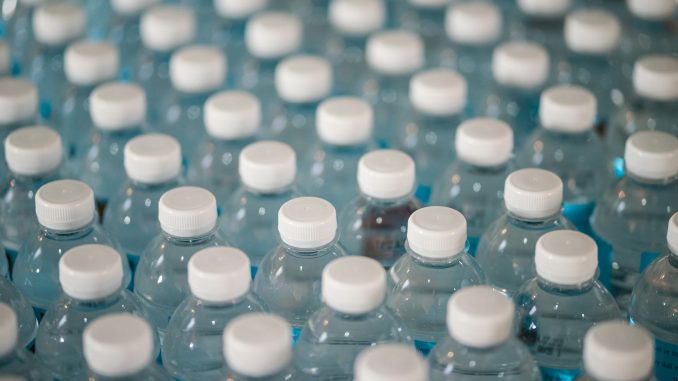
Plastic has become universal in life. From packaging to production of medical devices, plastic has become a crucial part of modern society. However, the popularity has also led to increased amount of plastic that ends up in the environment. Ensuring environmental responsibility and safety has become more significant than before. That is why plastic must undergo testing. It is important to understand the process of plastic testing and why it is crucial.
Plastic testing is a scientific procedure that aims, and evaluate the properties, performance, and environmental effects of materials made out of plastic. There are safety assessment tests done to identify and quantify the potential hazards of plastic. They spot harmful chemicals that could get into food and beverages. Safety assessment helps ensure that plastic products meet regulatory requirements.
Performance testing is also done to measure the mechanical and physical features of plastic. These tests help guarantee durability and functionality in the intended application. For example, performance testing is done on medical devices to measure their sterilization capabilities.
Types of Plastic Testing
Plastic testing involves a wide range of technologies and methodologies. All these are customized to assess different aspects of plastic. Here are common types of plastic testing.
- Chemical Analysis
This type of testing involves the use of sophisticated instruments and processes like gas chromatography and tof sims analysis to identify the presence and quantity of chemicals on plastic material. It helps detect the presence of potentially harmful chemicals that may not be desirable in various applications.
- Mechanical Testing
The major aim of mechanical testing is to measure the physical properties of plastics. Such flexibility, tensile, strength, impact resistance, and thermal performance are crucial. They help determine plastic sustainability in certain applications.
- Migration Testing
Migration testing is paramount as it assesses the potential chemicals and additives present finding their way into beverages, food, or fluids. The test helps confirm the safety of plastics used in medical devices and food packaging.
The Importance of Plastic Testing
Plastic testing plays an integral role in safeguarding the environment and human health. Some key points on the importance of plastic testing include:
- Quality Control
Quality control guarantees that plastic meets the standard requirements for consistency, durability, and performance. Contaminants can cause poor product performance and increased liability. It may also put the consumers in danger. That is why analysis for quality control is necessary. It enables manufacturers to maintain high-quality production. Additionally, it helps ensure materials and processes deliver the best results for the company and consumers.
- Safety Assurance
As mentioned, plastic contains chemicals harmful to human health and the environment. Testing is done to spot and curb these risks. It includes evaluating the presence of harmful chemicals to ensure they don’t leach into food or medical devices. Safety assessment is also done to verify that these products meet strict safety standards in place.
- Environmental Responsibility
The disposal of plastic into the environment is risky. Therefore, companies must ensure environmental responsibility by testing their plastic. It helps promote environmental consciousness. Testing helps achieve sustainability by allowing manufacturers to identify biodegradable plastic or plastic made out of recycled materials.
In Conclusion
Plastic testing is vital to safeguard human health and the environment. It also helps ensure plastics are used sustainably and responsibly. By employing these testing approaches, businesses can ensure plastic safety and minimize their environmental impact.
Leave a Reply